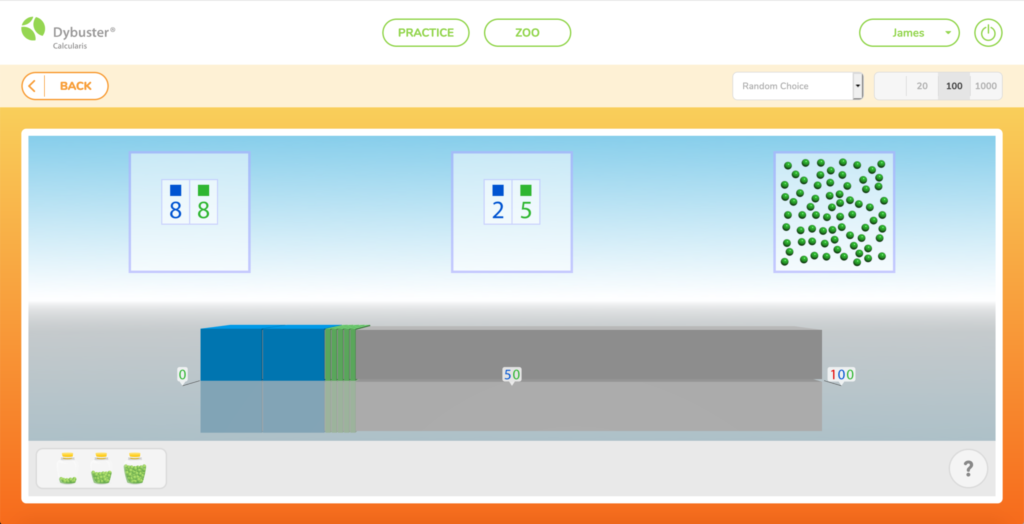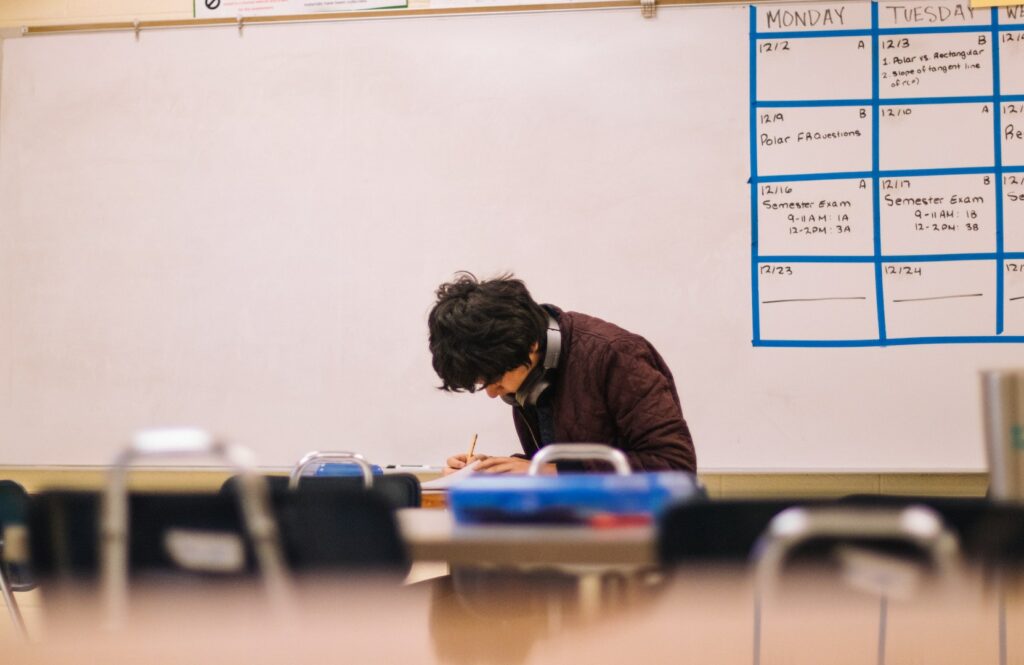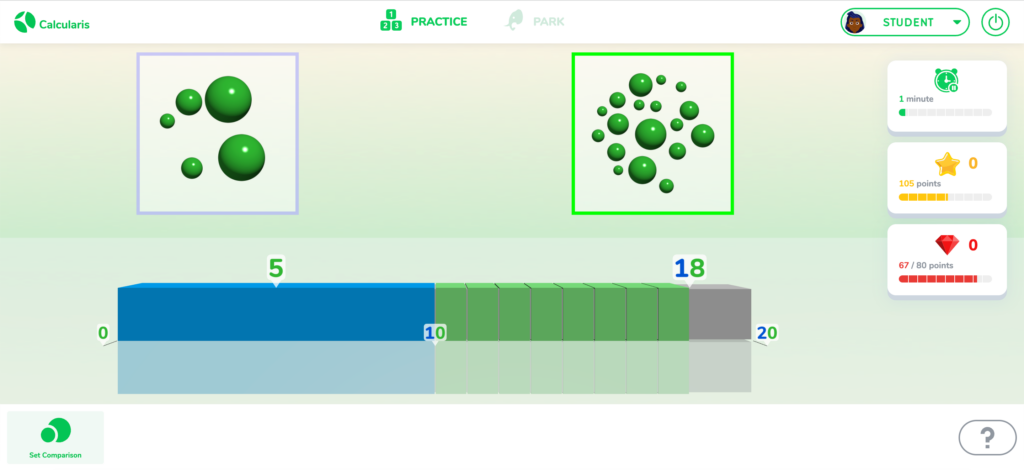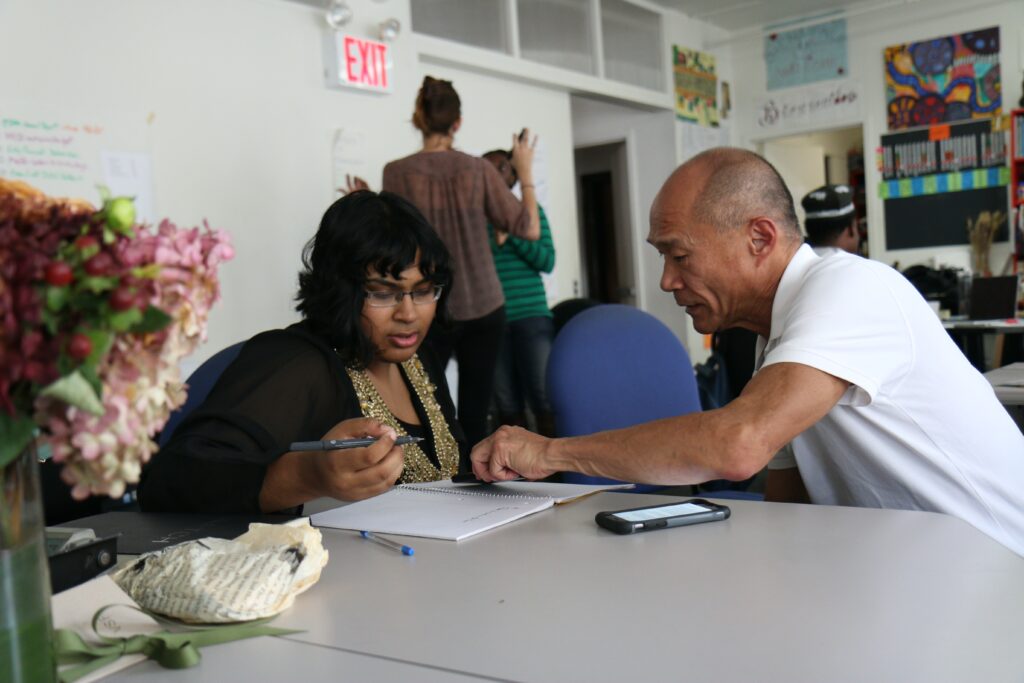This is a guest article from Special Education Teacher Monise Seward; you can find out more about her work on her website – http://www.moniseseward.com/.

For the last eight months, my IG and Twitter posts have focused on two main goals; to find (a) Dyscalculia and Dyslexia training and (b) Math Apps and curricula designed with my students’ needs in mind. Both proved to be challenging and time-consuming endeavours; eventually, I found one.
Dyscalculia is the Learning Difference you’ve probably never heard of, despite 5-10% of the population having it. Based on the challenges non-identified students experience, I believe there are more kids (and adults) with Dyscalculia. We characterise their struggles as ‘Math anxiety’ in this country. Based on conversations had with U.S. teachers, few are aware of the existence of Dyscalculia. They cannot identify the characteristics exhibited by students who may have it. Compounded by a lack of training on Dyscalculia, many teachers adhere to a pacing guide that does not allow time for remediation or accommodations.
Read more







